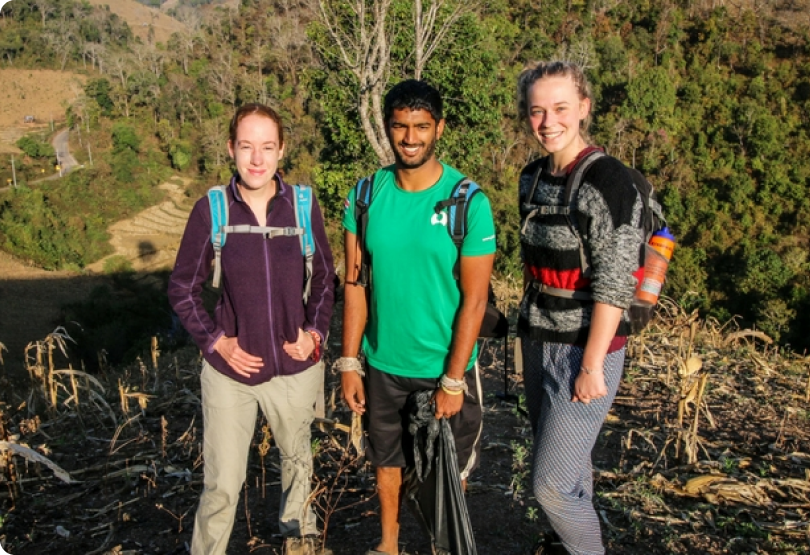African Wildlife Conservation Teen Volunteering in South Africa
Spot lions, elephants and other wildlife on a safari conservation experience in South Africa.
Durations: 2 weeks
Book with confidence
Travel flexibility, because life happens! Modify your booking, even up to 48 hours before departure. T&Cs apply.
Program information
Step into the world of wildlife conservation! Learn to spot predators like lions and cheetahs, as well as mega herbivores like elephants and rhinos. Live in a game reserve and learn about endangered animals like elephants and pangolins. Connect with teens from around the world and get ready for some seriously cool adventures, like exploring Kruger National Park and hiking in Blyde River Canyon.
Grants available for up to USD13,000!
Get a GVI Foundation Grant of up to 80% on conservation programs. Everyone is invited to apply by 31 Jul.
Book with confidence
Travel flexibility, because life happens! Modify your booking, even up to 48 hours before departure. T&Cs apply.
Connect with our alumni
Want to connect with some of our past participants about their adventures? Get in touch with hundreds of friendly ambassadors all over the world who would be more than happy to answer any questions.
Connect with us
Join our Virtual Open Day!








































